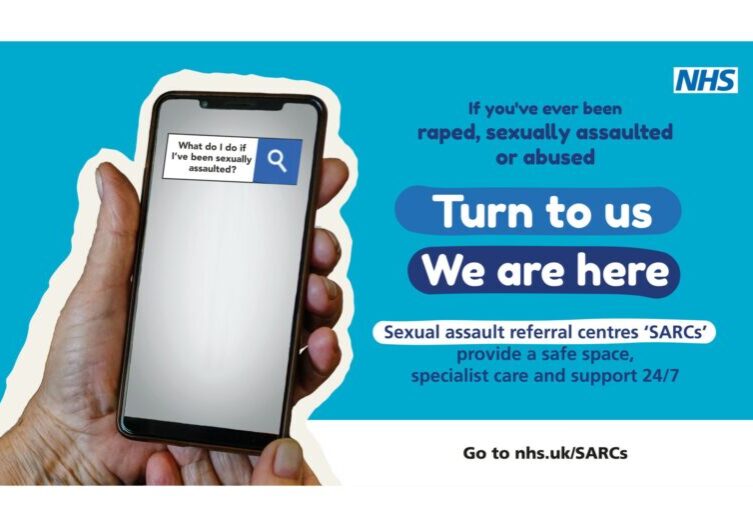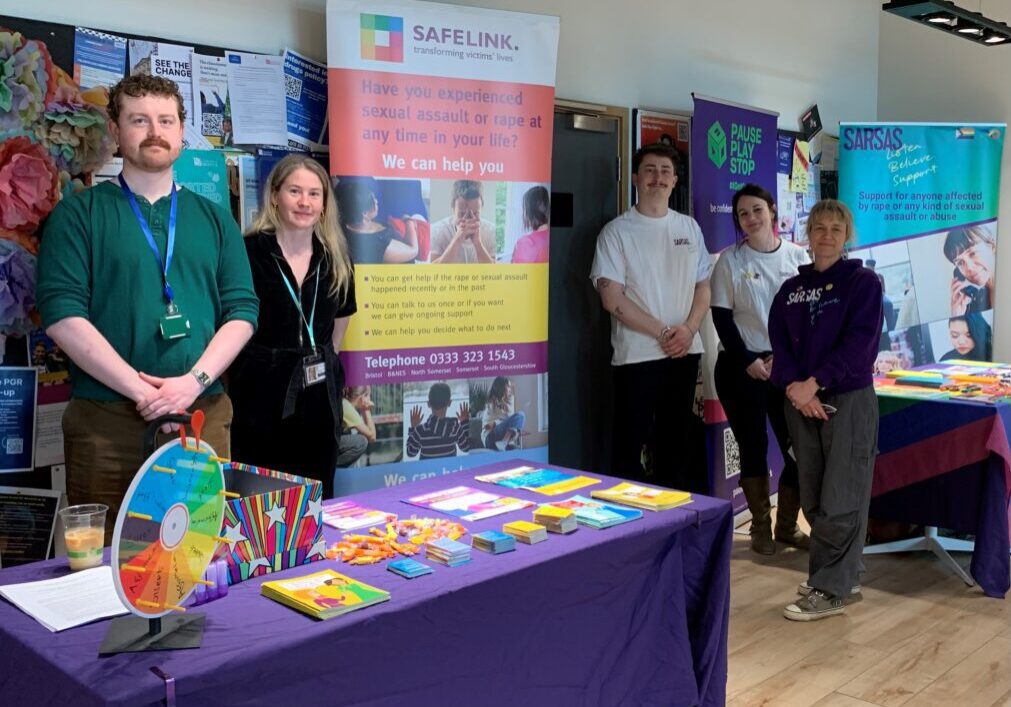
Have I been raped or sexually assaulted?
You can call SARSAS, whatever you have experienced, and you do not need to be involved with the police or criminal justice system.
Any kind of unwanted sexual act or behaviour of a sexual nature that causes you distress is a form of sexual violence. Rape, sexual assault, sexual harassment and unwanted touching are all forms of sexual violence.
Everyone has the right to say ‘no’ to sex, to withdraw or withhold their consent for any sexual act, on any occasion and under any circumstances, regardless of whether they’ve given consent to sex with that person in the past and regardless of whether they’re in a relationship with the other person. Sex without consent is rape.
Many of the people who call us often ask “was it rape?”, below are some legal definitions of a few offences which are classed as sexual violence. There are many more than the ones listed below.
Legal Definitions
Rape and sexual assault
Rape
Since the Sexual Offences Act 2003 came into force on 1st May 2004, rape has legally been defined in the UK as the penetration with a penis of the vagina, anus or mouth of another person without their consent.
Sexual assault by penetration
Penetration of another person’s vagina, mouth or anus, with any part of the body other than the penis or any object without their consent, is legally defined as ‘sexual assault by penetration’, which can carry the same sentences as rape.
Sexual assault
The overall definition of sexual assault is an act of physical, psychological and emotional violation, in the form of a sexual act, inflicted upon someone without their consent. It can involve forcing or manipulating someone to witness or participate in any sexual acts. This used to be called indecent assault.
We know that for some victim-survivors, for example for those who’ve experienced sexual violence that involved penetration by something other than a penis, these legal definitions can feel restrictive and as if their experience is not considered as serious. The support that we offer is always client-led and we encourage our clients to use the language that works for them, not strict legal terms.
Drug/alcohol rape
Regardless of whether drugs, including alcohol, have been administered to someone without their knowledge or consent or whether they have willingly consumed alcohol or drugs, 100% of the responsibility for any act of sexual violence lies with its perpetrator.
There is no excuse for sexual violence; it can never be justified, it can never be explained away and there is no context in which it is valid, understandable or acceptable.
If someone is incapacitated through the (willing or unknown) consumption of drugs or alcohol, they are unable to consent to sexual activity and sexual activity with them is a crime.
Causing a person to engage in sexual activity
This is when someone forces or manipulates a person to watch or participate in any sexual acts, such as masturbation, or watching or acting out pornography.
There are many other types of sexual violence. If you are unsure if what you have experienced is rape or sexual assault, you can speak to someone on our helpline (link to helpline/live chat services page) who will be able to talk through it with you.
For more information about the legal definitions of sexual violence, go to: Sexual Offences Act 2003
For legal advice for women, go to Rights of Women
The latest from our news and blogs

What is a sexual assault referral centre (SARC)?
A SARC can offer free, confidential medical, practical and emotional support to people who have been raped, sexually abused or assaulted at any point in their lives. They’re usually provided by the NHS, but will always have specially trained doctors, nurses and support workers.












